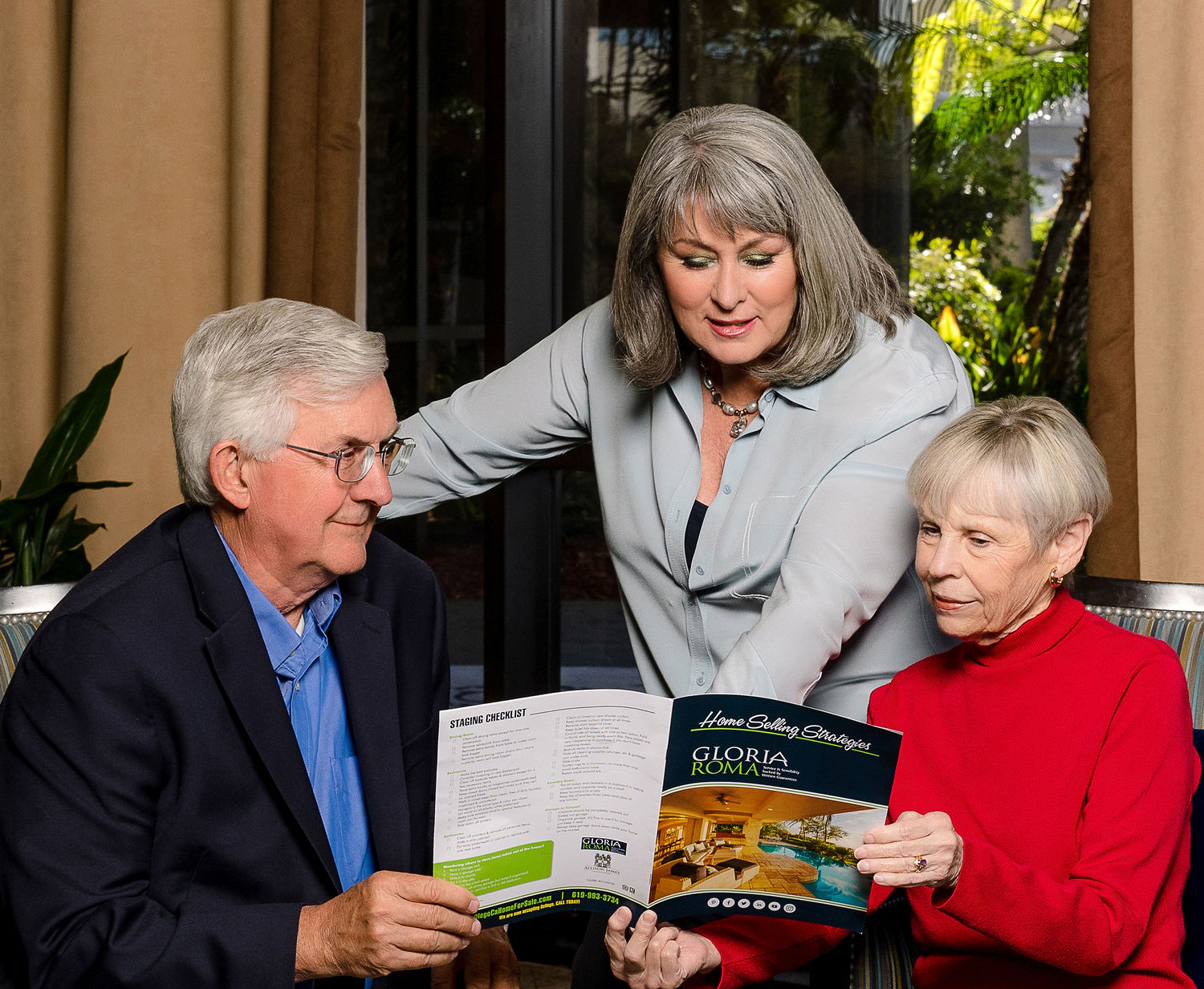Probate: What Every Adult Child of a Senior Should Know
For the elderly, aging baby boomers and senior citizens, the vast majority of probate cases revolve around the affairs of Americans age 60+. This report offers guidelines to help senior citizens steer clear of disputes.
What Probate Does
What is probate? There are two types of probate. The first one is a living probate (formally referred to as a conservatorship in San Diego, California) which is a legal process that determines your fate when you cannot, generally speaking, because you’ve been incapacitated by an injury or illness or mental incapacity.
The second type of probate is termed a death probate. This is the process that disposes of your estate after your death. Your estate will most assuredly go through probate by having a Will, unless your estate is modest. Dying without any estate plan will also guarantee probate. Trust attorneys are the ones who can be relied upon to draw your attention to all the problems that come with probate. The seemingly endless red tape, loss of control, delay, expense, publicity, etc.
AARP’s opinion as to how this impacts the Senior Citizens
If you trust The American Association of Retired Persons (AARP) then you can review their study. As the organization reported in its study, Probate: Consumer Perspectives and Concerns, probate is unique for the elderly.
The AARP study (the study) found that 90% of all probate cases involved the sale of property owned by people aged 60+. Living probate is also much more likely to involve seniors. Living probate is a legal process that determines your destiny when you cannot.
All probate-related expenses cost consumers as much as $2 billion or more each year on with attorneys’ fees alone representing more than 75% of that expense. This national study noted that attorneys’ and executors’ fees could consume up to 20% of small estates and up to 10% of uncomplicated estates. Add in appraiser’s fees and court costs and your heirs could end up with a fraction of what the deceased wanted to leave them.
The study found that probate frequently lasts longer than a year. Having a Will seemed to make no difference in the time required. In fact, it could drag the process out even longer.
How Probate Adult Children of Seniors Affects Their Families
The study found that probate usually happens after the surviving spouse dies. Couples in California own property jointly and most married people across the nation do as well. When one spouse dies all of their jointly held property immediately becomes the sole possession of the survivor. In the absence of a Trust then when the survivor dies, however, their property will have to go through probate before it can pass on to their heirs.
Senior citizens aren’t the only ones who may be surprised by probate. Their heirs may feel the pain as well. In another study, this time by American Demographics Magazine (ADM) revealed that many Baby Boomers are deferring saving for retirement. Instead, they are counting on the inheritance from their parents to pad their paltry retirement. When the adult children of seniors find that their parents didn’t have a will or a trust; probate adult children of seniors can be devastating.
According to The Study Probate as it is generally practiced in the United States is anachronism (definition: something or someone that is not in its correct historical or chronological time especially a thing or person that belongs to an earlier time)
and, to the extent that the probate system is unreasonable, attorney’s fees in connection with the probate work are unreasonable. (Probate: Consumer Perspectives and Concerns, Page 43.)
Call me or send me an email, I’ll be happy to help you sell your home when you are ready.
Call 726-999-0566

